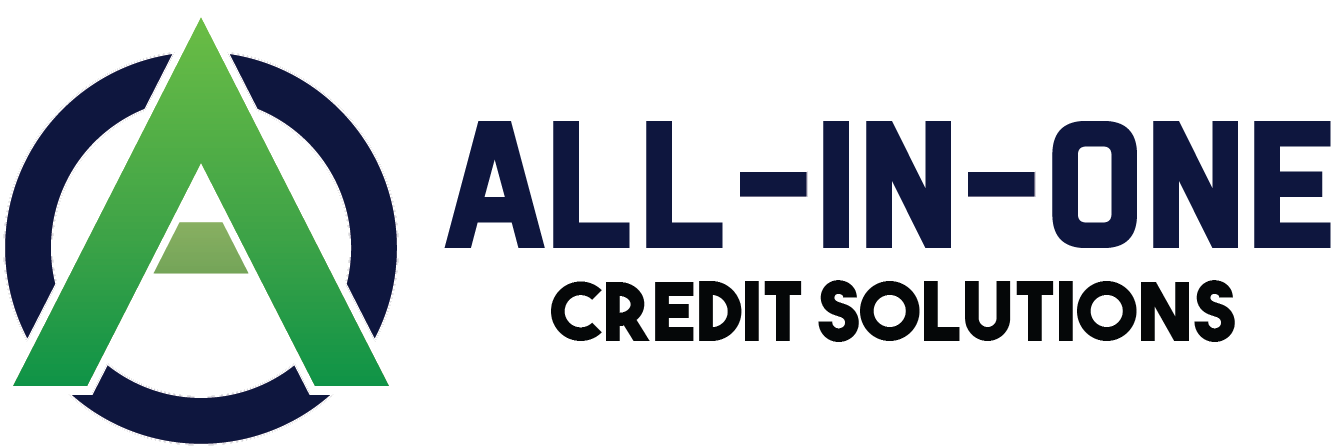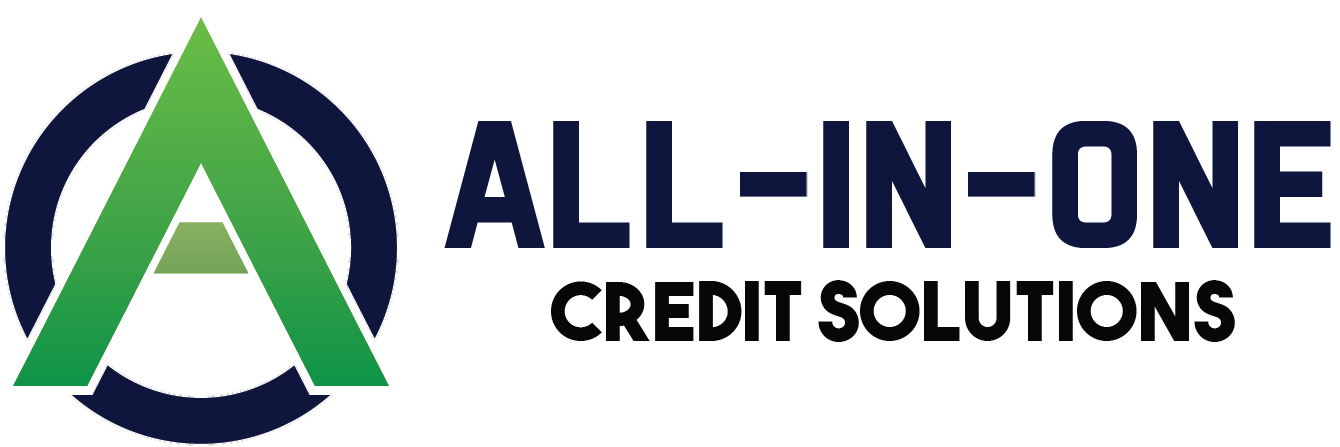Most Common Collection on Credit
Medical debt is often cited as one of the most common types of collections on credit reports. When individuals face medical expenses that they can't immediately cover, the bills may be sent to collections, and this information gets reported to credit bureaus.
Several factors contribute to medical debt becoming a common cause of collections:
1. **Unpredictable Nature of Medical Expenses:** Medical emergencies and health issues can arise unexpectedly, leading individuals to incur significant medical bills that they may struggle to pay.
2. **Insurance Gaps or Insufficient Coverage:** Even with health insurance, individuals may face high deductibles, co-pays, or expenses not covered by their insurance policies, resulting in out-of-pocket costs that contribute to medical debt.
3. **Complex Billing Processes:** The billing process in healthcare can be complex, with multiple bills coming from different providers and facilities. This complexity can lead to confusion and, in some cases, unpaid bills.
4. **Delay in Insurance Processing:** There may be delays in the processing of insurance claims, leaving individuals responsible for upfront payments or facing collection actions before insurance issues are resolved.
It's important to note that changes have been made to credit reporting practices related to medical debt. Under the FICO Score 9 and VantageScore 4.0 models, medical collections have less impact on credit scores than non-medical collections. Additionally, newer versions of credit scoring models may exclude paid medical collections altogether.
However, different lenders and creditors may use various credit scoring models, and some may still rely on older versions that treat medical collections differently. Therefore, it's essential for individuals to be aware of their credit reports, address any inaccuracies, and work on resolving outstanding debts.
Apart from medical debt, other common types of collections on credit reports may include:
- **Credit Card Debt:** Unpaid balances on credit cards can be sent to collections.
- **Utility Bills:** Unpaid bills for services like electricity, water, or cable may end up in collections.
- **Cell Phone Bills:** Unpaid bills from cell phone providers can also result in collections.
- **Personal Loans or Installment Loans:** Any outstanding debts from personal loans or installment loans can lead to collections.
It's crucial for individuals to regularly check their credit reports, understand the information presented, and take steps to address any negative items, including those in collections.

